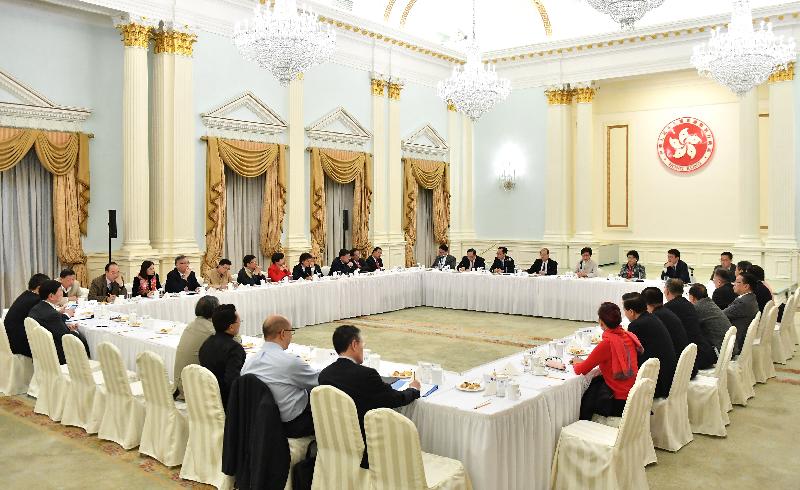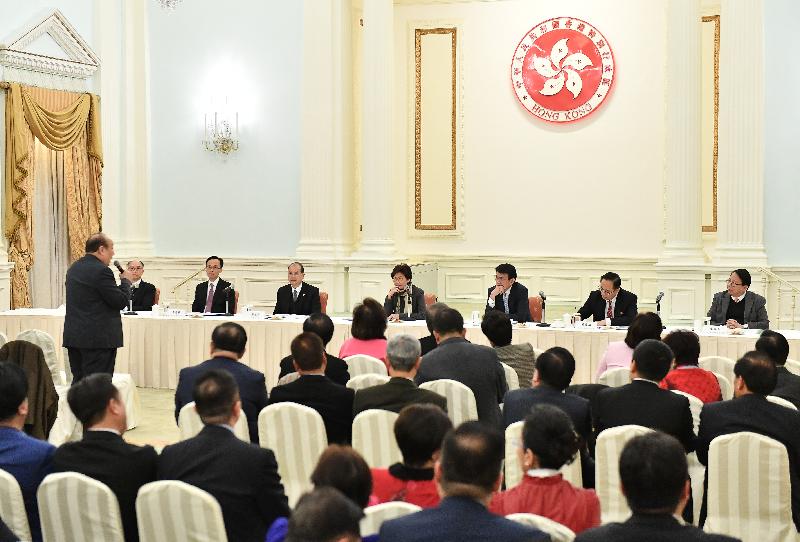Speech by Yves Mersch, Member of the Executive Board of the ECB, at the European Banking Federation’s Executive Committee, Frankfurt am Main, 22 February 2018
The revised Payment Services Directive (PSD2) has featured high on the agenda of the payments industry for some time and it will continue to do so. The regulatory technical standards (RTS) on strong customer authentication and common and secure open standards of communication, which have been submitted by the European Commission to the co-legislators for scrutiny, strike a fair balance between the previously diverging views of the different players. They should soon be finalised and then published in the Official Journal.
The new legislative framework will support innovation and competition in retail payments; it will enhance the security of payment transactions and the protection of consumer data. It will introduce major changes to which all payment service providers (PSPs) will have to adapt, and I encourage all PSPs to ensure the highest level of security in their payment services and adopt the requirements of the RTS ahead of time. Banks should also grasp the opportunity to work towards a single and standardised interface to communicate with third-party providers (TPPs) across Europe in a safe and efficient manner. Cooperation with TPPs and users is crucial in this context in order to deliver innovative, efficient and competitive services to the people of Europe.
Let me explain this in more detail.
Security requirements during the transition period
As co-chair of the European Forum on the Security of Retail Payments (SecuRe Pay), the ECB has contributed in particular to the RTS in respect of strong customer authentication and common and secure open standards of communication, the Guidelines on security measures for operational and security risks of payment services and the Guidelines on major incident reporting. It is still involved in the finalisation of the Guidelines on fraud data reporting requirements.
Now that Member States have transposed or are about to transpose the PSD2 and almost all pieces of secondary legislation have been finalised, I think we can say that the European market has taken a major step towards:
- increasing the protection of payment service users against fraud and possible abuses of their financial information,
- fostering the resilience of PSPs through harmonised minimum security requirements, and towards
- enabling competition in the field of payment services by introducing innovative payment services such as payment initiation services, account information services and issuing card-based payment instruments where a confirmation on the availability of funds is requested, as well as clarifying the applicable liability regime for such services.
I am aware that the market still has some concerns and that clarifications with respect to the PSD2, and the RTS in particular, have been requested. The ECB will continue to provide support and expertise in this field as an active observer in the API Evaluation Group, which was recently established by the European Commission.
Beyond this, I am convinced that it is in your particular interest as payment service providers – and in the interest of the security of the retail payments market more generally – to implement the RTS and other related PSD2 requirements as soon as possible. Please do not wait 18 months until you are obliged to comply with the security requirements enshrined in the RTS. Take action soon, as these measures are necessary to mitigate threat scenarios of which you are well aware.
For example, strong customer authentication solutions with dynamic linking of the authorisation to the specific amount and payee will help to prevent man-in-the-middle attacks. Transaction and device monitoring is essential to identify unusual payment patterns and potential fraud cases. It is also essential to start offering well-functioning and reliable access interfaces to the payment service user accounts in order to protect the confidentiality and integrity of your customer information.
It is also paramount that TPPs be authorised or registered as soon as possible, and comply with all legal requirements at an early stage. TPPs need to bear their share of the responsibility by testing and using the access interfaces in a prompt and cooperative fashion, and by contributing constructively to the ongoing efforts aimed at the standardisation of these interfaces.
Standardisation
Standardisation is a basis for the efficient and pan-European provision of payment services in an integrated market. Already shortly after the adoption of PSD2, members of the Euro Retail Payments Board (ERPB) voiced concern that the legal requirements alone would not be sufficient for the provisioning of efficient and integrated pan-European payment initiation services (PIS) and that the industry should agree on common technical, operational and business requirements to complement the legal requirements.
“Business” in this sense means, for instance, the processes for incident handling between PSPs but excludes commercial aspects. “Operational” refers to matters such as a directory service that banks could address 24/7 to check whether a TPP contacting them is indeed still a licensed PSP. “Technical” relates mainly to the interfaces that banks are obliged to offer according to the PSD2 and the RTS.
The PSD2 and the RTS do not provide technical specifications; they only set high-level requirements. In order to remain technologically neutral, and to cater for potentially different approaches by PSPs, the RTS give the account-servicing PSP the choice of establishing an interface dedicated to payment initiation services or allowing TPPs the use of the online banking interface used by their normal customers.
As a consequence, the approximately 4,000 banks offering SEPA credit transfer could in theory finally try to meet the legal requirements of PSD2 and its RTS by developing and offering a proprietary interface. Thus, in a worst-case scenario, any TPP would need to manage 4,000 bespoke IT-projects to connect to each of those banks, thereby clearly going against the spirit of the new directive.
Back in February 2014 in the ECB’s legal opinion on the proposed PSD2, we pointed out the importance of working towards a standardised European interface to facilitate pan-European PIS. The European Commission has also clearly articulated recently that a standardised interface is their preference, since it provides the technical basis for competition and allows even the smallest players, including start-ups (fintechs), to enter the market with new and innovative services that could be offered with a pan-European reach.
It is a step in the right direction that only a few initiatives are currently developing standardised specifications for Application Programming Interfaces (APIs) and the ERPB already called for close cooperation between these projects. I would even go a step further and encourage these initiatives to join forces and agree on one common technical specification so that the whole of Europe could base their systems upon one or a few technical API standards. This will greatly facilitate market entry, avoid fragmentation and allow for competition at the service level, avoiding obstacles at the technical level.
To promote the uptake of standardised APIs, the European Commission has invited market participants to establish an API Evaluation Group, which has just started its work. I call on the banks to actively, substantively and speedily contribute to the activities of this Group, as its findings are essential for the competent authorities, after consulting the EBA, to grant an exemption from the RTS obligation to offer a fallback solution for the dedicated interface.
I am of course aware that a bank can also be compliant with the RTS by offering an adaptation of its customer online banking interface instead of a dedicated interface. Such interfaces would meet the legal requirements, but would not meet the market needs of efficient and pan-European provision of payment initiation services. So I was disappointed when I heard that some banks seem to be seriously considering this option. I strongly encourage them to offer a dedicated interface, based on a standardised specification, as this is one pillar of successful PIS.
Last, but certainly not least, the ERPB extended the mandate of its Working Group on payment initiation services to follow up several common requirements related to operational and business elements, which together are the other pillar of successful PIS. I appreciate the commitment that the banks have shown to this important task and expect to complete the work by June 2018. It is important that the API Evaluation Group and the ERPB Working Group progress in parallel so that PSPs have clarity by the summer and can plan their investments that need to be made. Then they can prepare for a timely implementation of PSD2 and the RTS and be ready for the competition that PSD2 aims to foster.
Conclusion
To conclude, I would strongly encourage European payment service providers to embrace the opportunities the PSD2 provides for competition and innovation, to cooperate in the standardisation of APIs that should preferably result in a single API, and to implement all the security requirements of the new directive and its RTS as soon as possible, even before they become mandatory.
I count on the full commitment of the European Banking Federation and the entire payments industry to work towards safe, efficient and innovative payment services.

